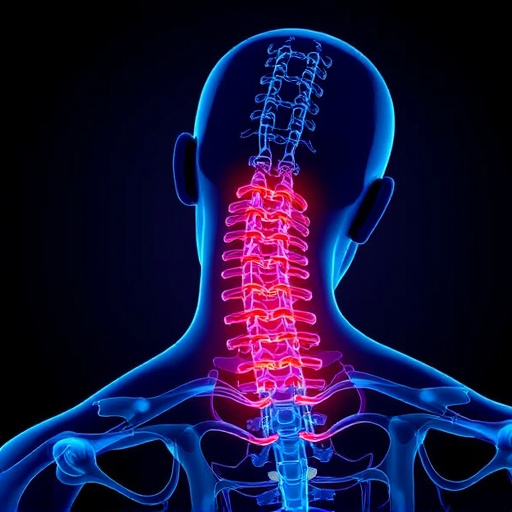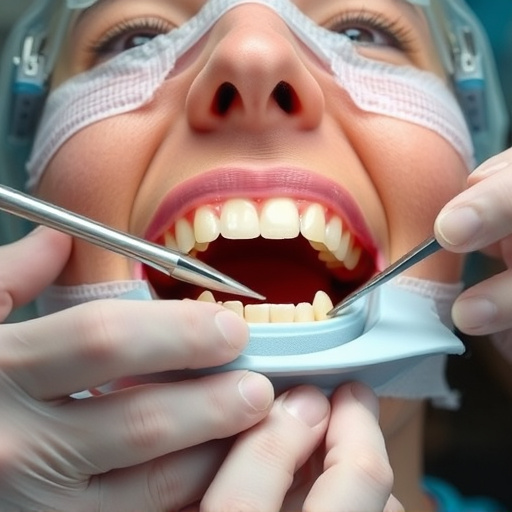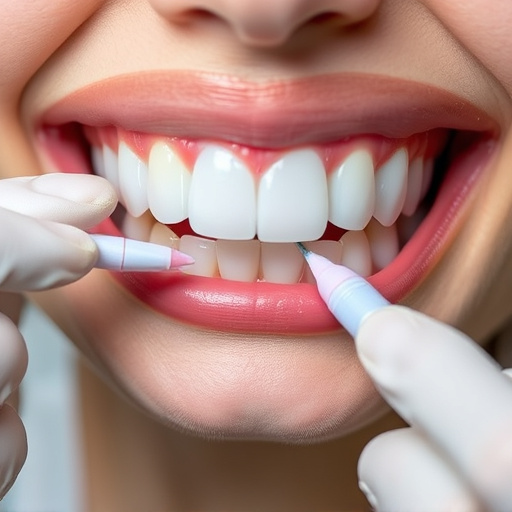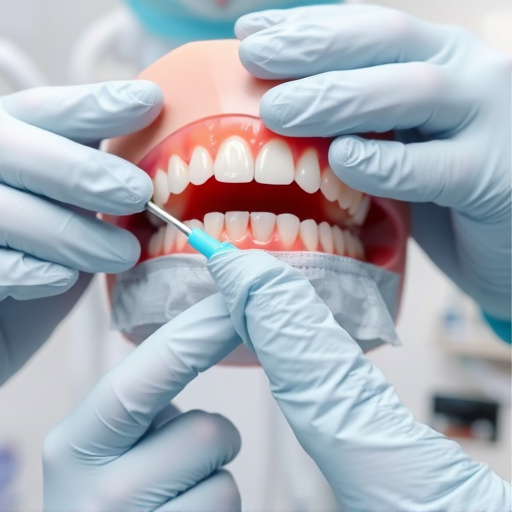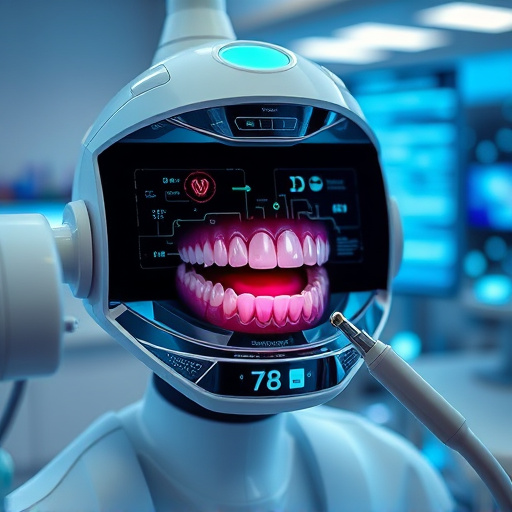The connection between dental health and overall well-being, especially in aging populations, is critical. Neglected dental hygiene can lead to systemic issues like cardiovascular problems, diabetes, and respiratory troubles via oral bacteria entering the bloodstream. Effective dental care management for seniors involves tailored treatment plans including wisdom tooth removal or dental bonding, while children's dentistry practices promote holistic well-being by addressing oral health early on. Regular dental check-ups and modern solutions like clear aligners are vital for maintaining this connection, enhancing quality of life, and reducing the risk of systemic diseases in seniors.
Dental care for seniors is an essential aspect of overall health that often goes overlooked. This article delves into the profound connection between oral well-being and systemic health, highlighting how dental issues can impact quality of life and mental health. We explore the unique dental needs of aging individuals, common challenges like dry mouth and tooth decay, and adaptive strategies for effective hygiene. Additionally, we discuss the critical role of regular check-ups, preventive measures, and tailored care options in promoting optimal dental health in later years.
- The Link Between Dental Health and Overall Well-being
- – Exploring the relationship between oral health and systemic diseases
- – Impact of dental issues on quality of life and mental health
The Link Between Dental Health and Overall Well-being

The connection between dental health and overall well-being is a significant aspect often overlooked. As we age, proper dental care for seniors becomes even more critical as it impacts not just their oral health but also contributes to maintaining good physical health. Poor dental hygiene can lead to various systemic issues, emphasizing the need for regular check-ups and treatment. For instance, gum diseases have been linked to increased risks of cardiovascular problems, diabetes, and respiratory troubles, showcasing how neglecting dental care can have far-reaching consequences.
Moreover, considering that many seniors may require procedures like wisdom tooth removal or dental bonding to address oral health issues, children’s dentistry practices play a crucial role in promoting holistic well-being. Effective dental care management at any age is essential, and for seniors, it means ensuring comfort, accessibility, and tailored treatment plans to prevent and manage oral health conditions, thereby enhancing their overall quality of life.
– Exploring the relationship between oral health and systemic diseases

The connection between oral health and overall systemic well-being is a fascinating aspect often overlooked. Research has unveiled a significant relationship; issues in one area can impact others, particularly in seniors. Poor dental hygiene, for instance, has been linked to various systemic diseases. For example, gum disease, a common problem among the elderly, has been associated with cardiovascular diseases, diabetes, and respiratory conditions. This is because oral bacteria can enter the bloodstream, leading to inflammation and potential damage to vital organs.
Preventive dentistry plays a pivotal role in maintaining this connection. Regular check-ups and general dentistry practices can help identify and address oral health issues early on. Moreover, modern solutions like clear aligners offer a discreet and effective method for correcting bite issues and improving overall dental health. By prioritizing dental care for seniors, we not only enhance their quality of life but also contribute to their overall well-being by potentially mitigating the risk of systemic diseases.
– Impact of dental issues on quality of life and mental health

Dental issues can significantly impact the quality of life for seniors, affecting their overall well-being and mental health. Poor oral hygiene and dental problems, such as tooth decay or gum disease, can lead to pain, discomfort, and difficulty eating and speaking comfortably. This can result in social isolation and a reduced ability to enjoy daily activities, negatively influencing mental health and self-esteem.
Moreover, the impact extends beyond physical discomfort. Research suggests that there is a strong connection between oral health and systemic diseases. For instance, gum inflammation has been linked to heart disease, diabetes, and respiratory issues. Seniors with dental problems may experience increased stress and anxiety related to these conditions, further emphasizing the importance of regular dental care for seniors as part of their overall healthcare routine.
Dental care for seniors is not just about maintaining a bright smile; it significantly influences overall health. The intricate link between oral health and systemic diseases, as explored in this article, underscores the importance of regular dental check-ups for older adults. By addressing dental issues early, senior citizens can experience improvements in their quality of life and mental well-being. Prioritizing dental care is a proactive step towards ensuring seniors live healthier, happier lives.





